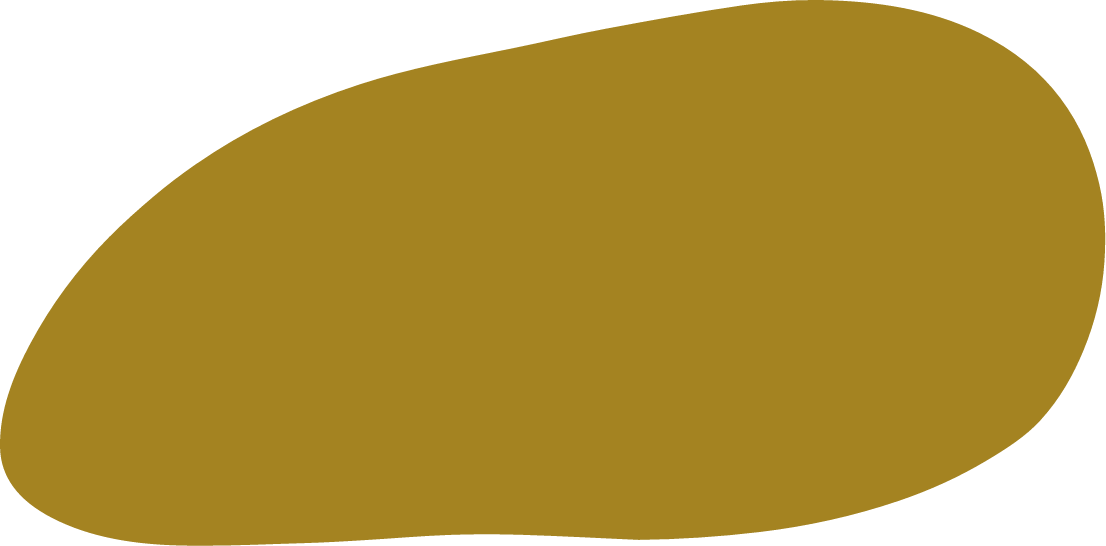Super Kiosk is the remodelling―for a new age―of a prominent prototype, found in all Greek cities, that cater to all sorts of disparate needs (thirst, hunger, information). In this case, the Super Kiosk is a structure for making tea and generating new ideas. A stand-alone platform for sitting, reading, and imbibing is supplemented with solar-powered desalination, plant-and mineral-based water filtration, and renewable energy production. Seawater from the Thermaic Gulf is distilled and filtered to provide clean water for tea-drinking, in a structure that brings people to think, discuss, and share tea together.
Super Kiosk combines a number of ecological technologies which are simple to use, understand, and recreate. Inspired by the work of Ken Isaacs, Enzo Mari, and Walter Segal, Super Kiosk expands and updates their ideas of modular, amateur, and self-build structures to include renewable energies, circular material economies, and regenerative relationships. For the artists, this philosophy of DIY-making and collective action-promotion is critical to coping with a turbulent and uncertain future.
Super Kiosk crucially plugs into the history of regional networks and knowledge sharing. The Islahane (Ottoman poor houses), where the Super Kiosk stands, is through this project in direct communication with Aegina, where Vessel, a self-organized artist-run experiment has recently been initiated. Aegina, where the first Modern Greek capital was housed in 1931, is also the home of the first orphanage, founded by the then Greek prime minister Kapodistrias, where orphans were trained in skills needed by the newly-founded Greek state. Thessaloniki’s Islahane opened its doors a few decades later, towards the end of the Ottoman Empire, just a few years before Thessaloniki also joined the Greek state―and although it was designed mainly for Muslim orphans, it also housed boys from the Greek, Armenian, and Jewish communities who were trained all-together in new skills in agriculture, industry, and printing. In this way, Vessel restores―so to speak―Islahane’s former function, as a site of learning skills necessary for a new age.
The making of Vessel’s Super Kiosk uses pedagogy as a constant process of reassessment of what is useful and necessary to learn and how to. In dialogue with students from the department of architecture from the University of Thessaloniki, the artists created a temporary ‘school’ through online conversations and a one-week workshop where students collaborated, shared skills with the artists, considering ways of making and living: thinking about renewable energy design, regenerative tools, and ecological colour theory. Together, they experimented on new forms of sustainable construction that resulted in the Super Kiosk. The Super Kiosk, in turn, also offers visitors local herbal teas, emphasising traditional knowledge, connections to the region, and our indebtedness to the natural world. The result: the offering and drinking of tea, produced from the recycled waters of the Thermaic gulf, augmented by novel technologies and collective action; and a new, but ongoing, and deeply rooted conversation around the table.
| With the participation of: | Thanks to: |
| Kalypso Theodoropoulou Giannis Iakovakis Maira Konstantinidou Theodora Vassileiadou Evgenia Malamoglou Adriana Donca Danai Eleni Paulidou Natalia-Lydia Papadantonaki Leda Demetriadou Andreas Pantelakis Dimitris Athanasiou Katerina Perdikouri-Papadopoulou Triada Panayiotidou Giannis Petridis |
Maria Vincentelli Despoina Thomaidou Themis Lakkas Areti Kondylidou and the staff of the Islahane Cultural Centre Apostolos Kalfopoulos Theodora Chorafa Nikos Thymakis The Balkan Botanic Garden of Kroussia Onassis AIR Alex Bank Christos Thomaidou Daphnis and Chloe Kevin Dibb Zoi Mostokou |












